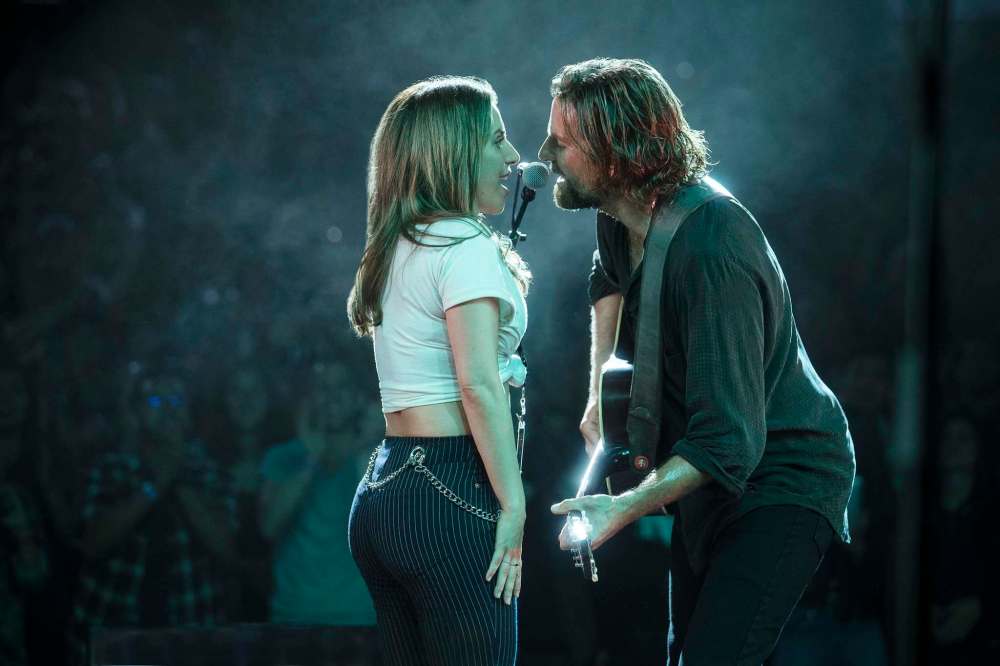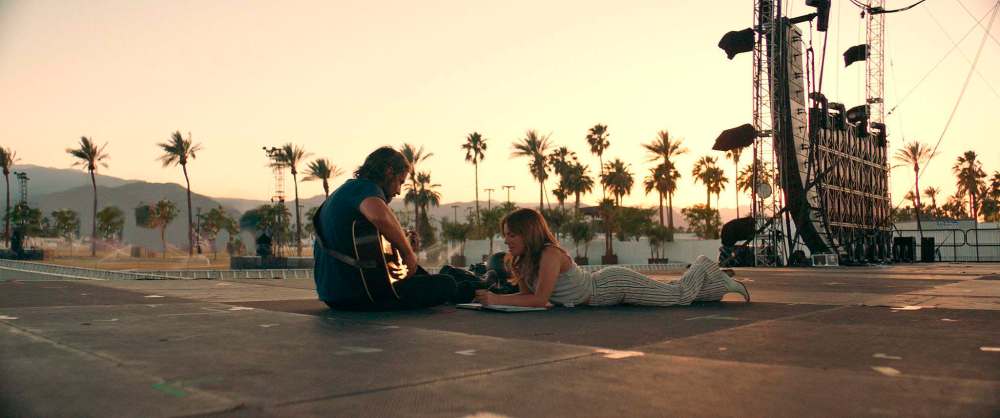Actor-director Cooper takes new approach to familiar tale
Release marks fourth version of film first released in 1937
Advertisement
Read this article for free:
or
Already have an account? Log in here »
To continue reading, please subscribe:
Monthly Digital Subscription
$0 for the first 4 weeks*
- Enjoy unlimited reading on winnipegfreepress.com
- Read the E-Edition, our digital replica newspaper
- Access News Break, our award-winning app
- Play interactive puzzles
*No charge for 4 weeks then price increases to the regular rate of $19.00 plus GST every four weeks. Offer available to new and qualified returning subscribers only. Cancel any time.
Monthly Digital Subscription
$4.75/week*
- Enjoy unlimited reading on winnipegfreepress.com
- Read the E-Edition, our digital replica newspaper
- Access News Break, our award-winning app
- Play interactive puzzles
*Billed as $19 plus GST every four weeks. Cancel any time.
To continue reading, please subscribe:
Add Free Press access to your Brandon Sun subscription for only an additional
$1 for the first 4 weeks*
*Your next subscription payment will increase by $1.00 and you will be charged $16.99 plus GST for four weeks. After four weeks, your payment will increase to $23.99 plus GST every four weeks.
Read unlimited articles for free today:
or
Already have an account? Log in here »
Hey there, time traveller!
This article was published 04/10/2018 (2627 days ago), so information in it may no longer be current.
TORONTO — In his self-directed version of A Star Is Born, Bradley Cooper plays a rock star named Jackson Maine.
Note the name: it marks the character as a member of a cinematic lineage that descends all the way to 1937.
That year, the first A Star Is Born was made, with Frederick March in the role of alcoholic actor Norman Maine. The name stayed in 1954, when James Mason took over the role of an actor who first nurtures the career of Judy Garland’s up-and-coming star Vicki Lester before his drunken shenanigans threaten to derail it. By 1976, Kris Kristofferson played the role of musician John Norman Howard, a rock singer with a musical stake in the ascent of Barbra Streisand’s Esther Hoffman.
Cooper, 43, remembered the Maine name, but also brought his own vision as a first-time feature filmmaker to the new version, which opens Thursday, Oct. 4, opposite Lady Gaga after the originally designated director, Clint Eastwood, dropped out. While actors might not want to see different interpretations of a role, Cooper embraced the opportunity to see all the past iterations.
“I retroactively watched them out of interest,” he says during a press round-table session at the Toronto International Film Festival in September. “I love all of them.”
“There was the beautiful Evergreen moment in the ’76,” Cooper says, referring to Streisand’s performance of a song that would win the Oscar that year. “And so many of the moments in the James Mason-Judy Garland, it really blew me away. His performance and her performance… just mind-blowing. George Cukor just did an insane job of directing.”
That said, Cooper admirably took his own approach to the material, in a way that registers as the diametric opposite of Cukor’s beautiful artifice. Some performance scenes look almost documentary-like, an aspect of Cooper’s fight to keep it real whenever possible, especially in the performances.
“The one thing that I begged everybody in the (cast) was to trust me, that even if the movie sucked, they’re going to be authentic, no matter what,” Cooper says. “And I learned that from working with people like Clint Eastwood (American Sniper) and David O. Russell (American Hustle).

“David O. Russell would always do a no-bullshit take and I loved that and took it,” Cooper says.
Living a showbiz life while shooting a showbiz-centred movie kept Cooper and his crew in the right zone, he says.
“I felt excited about what we were getting because I felt that every day, we were living it,” he says. “On many sets, you’re not living it. You’re acting the hell out of it, but you’re not living it. And it’s a very different experience.
“The way I knew it was: I went home every day totally exhausted,” he says. “Every day felt like a really great day’s work.
“I’m at my happiest before bed if it’s like: well, I gave it everything I have today.”

randall.king@freepress.mb.caTwitter: @FreepKing

In a way, Randall King was born into the entertainment beat.
Our newsroom depends on a growing audience of readers to power our journalism. If you are not a paid reader, please consider becoming a subscriber.
Our newsroom depends on its audience of readers to power our journalism. Thank you for your support.



